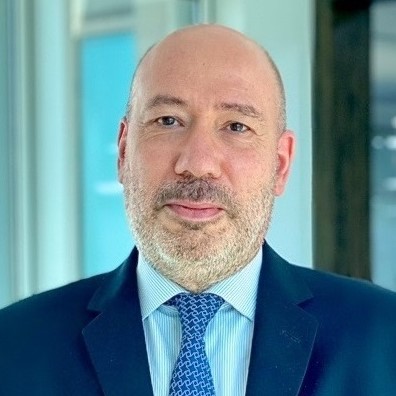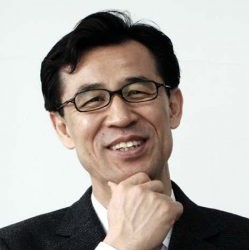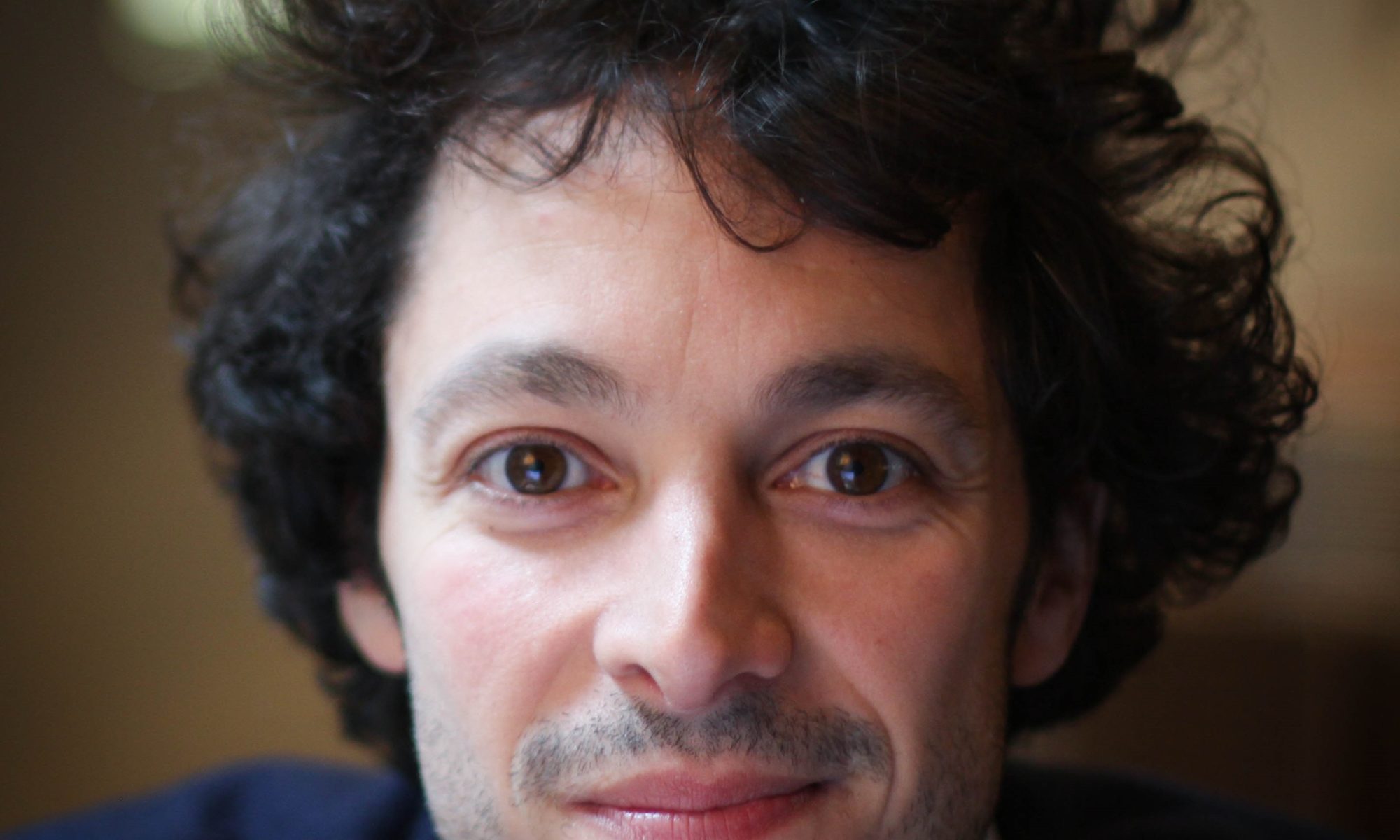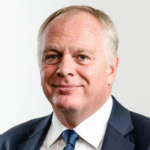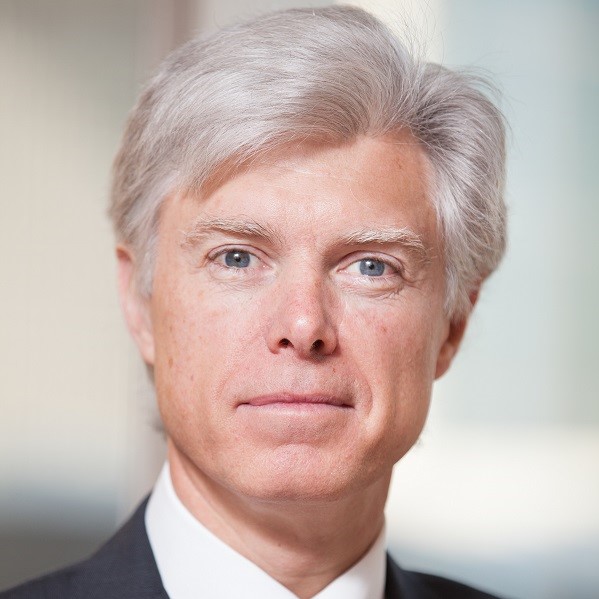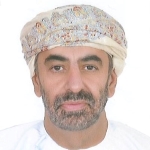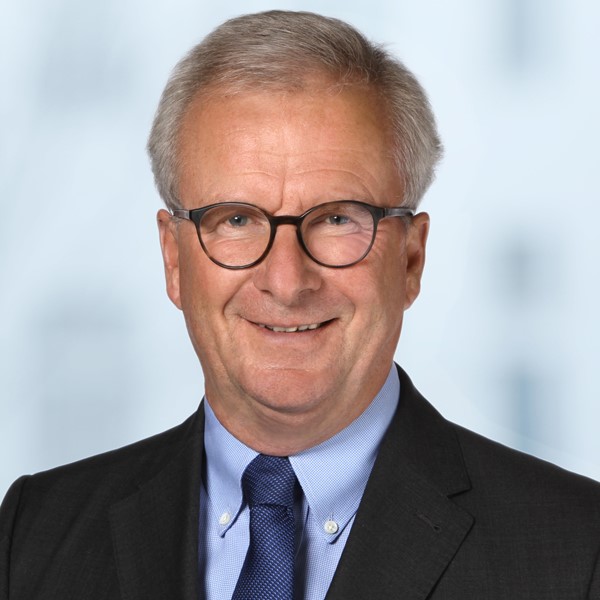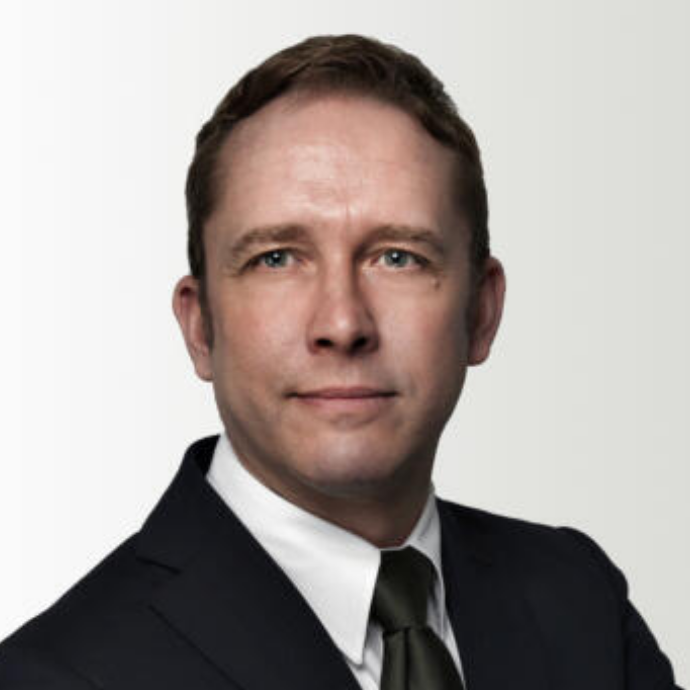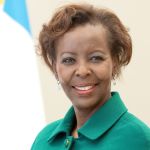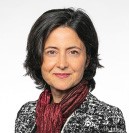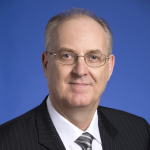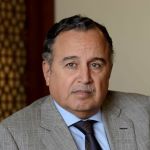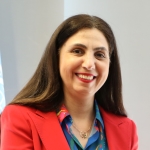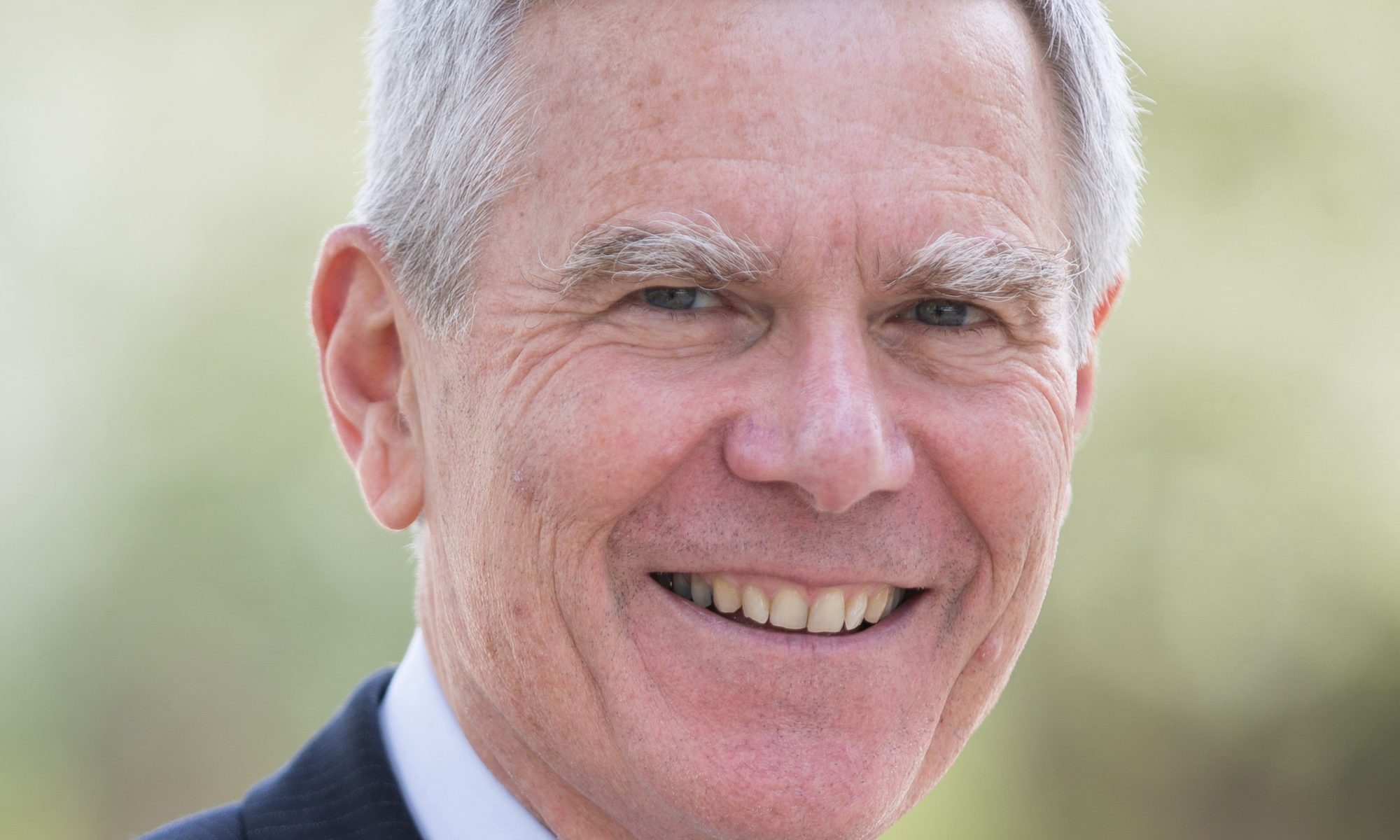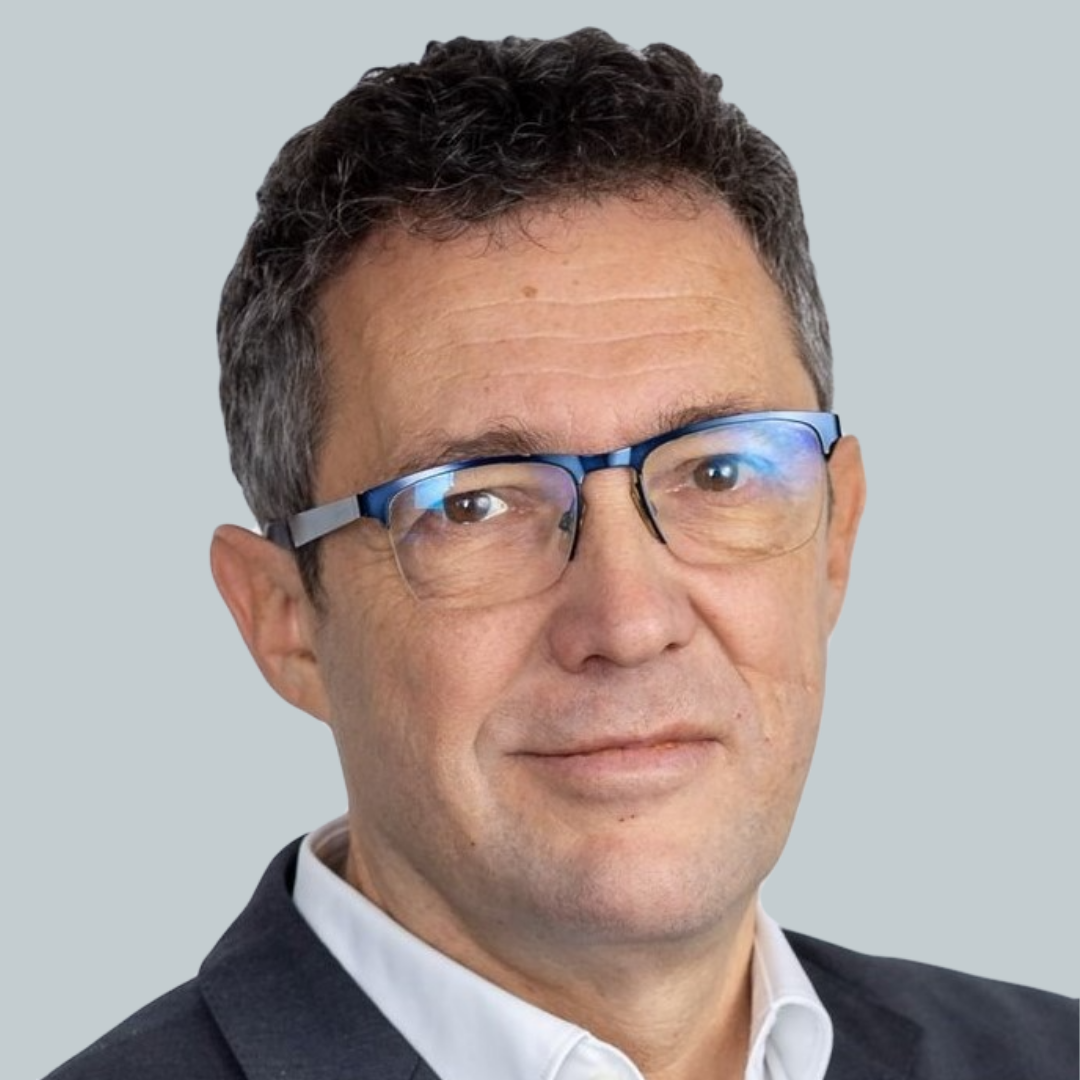Elias Kassis is President of Total E&P UAE and TotalEnergies Country Chair in the United Arab Emirates, a position he has held since May 2021. Previously, he held the position of Vice President Energy Transition in the Middle East North Africa (MENA) division of TotalEnergies Exploration & Production. Before that, he served as Vice President North Africa in the MENA division, and Managing Director of the TotalEnergies E&P affiliates in Yemen, Malaysia and Iraq. Prior to that, he was Vice President in the TotalEnergies E&P Middle East division, and Vice President Venezuela in TotalEnergies E&P Americas Division. He fulfilled other assignments in Venezuela and Qatar. He began his career within TotalEnergies in 1991 and has held various positions in the Trading and Gas & Power divisions until 2002. Mr. Kassis holds an Engineering Master’s Degree from the Institut National Polytechnique de Grenoble and a Master’s Degree in Finance from ESSEC Business School.
Sung-Woo Kim
Dr. Kim is Chief Executive Officer of the MiCo BioMed Co., Ltd., an innovative LabChip-technology based diagnostic company in Korea that generates various biochemical, immunological and molecular diagnostic products including COVID-19 detection kits and systems. He founded NanoBioSys Inc. in 2009 and invented a portable molecular diagnostic system to detect multiple infectious disease pathogens rapidly using an inexpensive disposable plastic microfluidic Lab-on-a-Chip (LabChip). He has been working with international organizations such as the UN, WHO and Institute of Pasteur. He currently leads his colleagues to develop a more efficient portable easy-to-use tele-diagnostic system for rapid detection, monitoring and controlling animal/food-borne diseases as well as human diseases on site. He and his colleagues are moving towards an innovative U-healthcare system to provide a healthier environment for the world. He received Ph.D. in Biological Sciences at Columbia University and worked for Harvard Medical School as a research faculty over 13 years.
Pierre Jacquet
Professor of international economics at the Ecole nationale des Ponts et Chaussées (ENPC, France) and member of the French Cercle des Économistes. Between 2012 and 2022, he was President of the Global Development Network (GDN), a public international organization headquartered in New Delhi (India), which strengthens research capacity in developing countries in order to promote development policies informed by sound analysis and evidence. He is the former Chief Economist (2002-2012) and Executive Director of Strategy (2002-2010) of the French Development Agency (AFD) and a former Deputy Director of Ifri. He chaired ENPC’s Department of Economic and Social Sciences between 1994 and 2012. He is President of the Scientific Council of the FARM Foundation (Foundation for Agriculture and Rural Development in the World), member of the Scientific Committee of Crédit Agricole S.A., and Non-Resident Fellow of the Center for Global Development (CGD, Washington D.C.).
Eponine Loridant
Civil servant within the French Corps des Mines, Eponine Loridant went to a binational French-German high school and studied at the French engineering school Ecole Polytechnique. As part of her education, she worked for a humanitarian organization in Ivory Coast and at the French embassy in Switzerland.
David Wurmser
Dr. David Wurmser, is a Senior Fellow and Director of the Project on Global Anti-Semitism and the US-Israel Relationship at the Center for Security Policy, as well as being a Senior Fellow at the Kohelet Policy Forum. He also is the executive and founding member of the Delphi Global Analysis Group, LLC – a firm specializing in geopolitical risk analysis and mitigation for hydrocarbon, infrastructure, high-tech, defense and financial firms from the United States, Japan and India navigating in Israel and the Middle East – since its founding in 2007. From December 2018 until September 2019, Dr. Wurmser also served as Senior Advisor (Special Government Employee) to the US National Security Advisor, Ambassador John Bolton.
Manon Nguyen Van Mai
Manon Nguyen Van Mai is an Engineering student of the French Corps des mines. She graduated from the “Sciences for environmental challenges” track at École Polytechnique and is currently training to become a civil servant. She completed six months of military service on a surveillance frigate in the French Southern and Antarctic Lands. During her studies, she worked for the biotech startup Embleema and for the industrial groups Butagaz and EDF.
Ingvil Smines Tybring-Gjedde
Non-Executive Director of Norge Mining. Ingvil Tybring-Gjedde brings an exceptional level of experience to Norge Mining’s Board as a Non-Executive Director. A representative of the Norwegian Progress Party (FrP) and the former Deputy Minister in the Norwegian Ministry of Petroleum and Energy, she will be a guiding light as the country explores its exciting economic next steps. Ingvil was also the Minister of Public Security in the Ministry of Justice and Public Security from January 2019 until January 2020. And she previously worked as a Senior Advisor in the Norwegian Ministry of Foreign Affairs, and in oil and gas management positions at Innovation Norway. Committees of the Board: Remuneration (Member) & ESG (Chair).
Mehdi Benchoufi
Co-founder of echOpen, a low-cost handheld ultrasound device connected to smartphones, he is a Public Health practitioner at Hôtel-Dieu Hospital, former assistant professor in Clinical Epidemiology and PhD in Mathematics. He is mainly involved in the interfaces between connected medicine and open technologies: ultrasound imaging, methodology for the development of Artificial Intelligence solutions. He was a pioneer in Blockchain applications for the quality of clinical trials.
John Vergopoulos
CEO of Norge Mining. John Vergopoulos brings decisive, hands-on leadership to Norge Mining, as well as an international financial ‘black book’ and years of experience in the mineral resources sector. He has a strong fundraising track record in capital, private equity and syndicated loan markets. He has been an SME Board Director and a CEO and CFO for various publicly traded corporations in the tech and mineral resources industries. Over the years, John has been in charge of dealing with government institutions throughout Europe, Africa and Asia. He started out his career as a chartered accountant in Deloitte’s London Audit Department.
Arnaud Breuillac
Senior Advisor to the Chairman & CEO, Total Energies. Arnaud Breuillac, 63, graduated from the Ecole Centrale de Lyon in 1981. He joined TotalEnergies in 1982 and has served in various positions in its Exploration & Production Division, including Abu Dhabi, the United Kingdom, Indonesia and Angola as well as the Refining Division in France. From 2004 to 2006, he held the position of Vice President, Middle East – Iran. In December 2006, he was appointed to the Management Committee of the Exploration & Production Division, concurrent with a new role as Senior Vice-President, Continental Europe & Central Asia. In July 2010, he was appointed President, Exploration & Production, Middle East and in January 2011, became a member of the Group’s Management Committee. In 2014, Arnaud Breuillac became Member of Total Executive Committee and President, Exploration & Production, responsible for the Company’s very large and increasingly diverse upstream portfolio around the world. Since September 1st, 2021, Arnaud Breuillac has been nominated Senior Advisor to the Chairman & CEO of TotalEnergies SE.
Ahmed bin Hilal Al Busaidi
Ambassador of the Sultanate of Oman to the United Arab Emirates. Previously, he served as Ambassador of the Sultanate of Oman to the Kingdom of Saudi Arabia, Non-Resident Ambassador to the Republic of Djibouti and Permanent Representative of the Sultanate of Oman to the Organization of Islamic Cooperation. His Excellency Dr. Al Busaidi started his diplomatic career in 1983 as Second Secretary in the European Department of the Ministry of Foreign Affairs in Muscat, then as First Secretary in the Omani Embassy in Cairo. In 1988, he returned to the Ministry of Foreign Affairs in Muscat as Director of the Political and Economic Affairs Office of the Gulf Cooperation Council, before being promoted to Director of the Middle East and Iran Desk in 2000. In 2004, he became Deputy Head of the Arab Department for Gulf Cooperation Council Affairs. H.E. Dr. Ahmed bin Hilal Al Busaidi holds a MSC in Economic Development and International Trade from the University of Reading in the UK, and a PhD in Economics from the University of Hull in the UK.
Michael Wurmser
An astute economist and entrepreneur, Michael will advise on the finances and strategic direction of Norge Mining. He has worked for Citibank Zurich, and has held a prestigious array of senior positions at multinational financial institutions in New York and Frankfurt. He has previously been mandated by various governments, finance ministries and state banks to help settle sovereign debts. Over the years, Michael has advised on structure financing for companies in the natural resources, commodities and mining sectors in Russia, the Middle East and Mongolia.
Holger Bingmann
Managing Partner, Bingmann Pflüger International. Dr Holger Bingmann was born on 8 July 1961 in Stuttgart (Germany). For many years he has held leading positions in industry and associations. Since May 2020 Holger Bingmann is managing partner of Bingmann Pflüger International. He is also President of the German Chapter of the International Chamber of Commerce (Paris), member of the Board of Directors of KfW (Frankfurt/Berlin), and member of the Executive Committee of, among others, the German Federal Association of Wholesale, Foreign Trade and Services (BGA), the German Employers’ Association (BDA), and the German eCommerce Association. Holger Bingmann is shareholder of Pressevertrieb München Holding, advisory board member of several press wholesalers and founder and owner of the Digital Business University, Berlin. He is also member of the Advisory Board of, among others, Commerzbank (Frankfurt), the Austrian Logistics Association (WKÖ) and other national and international associations. Bingmann is partner of GLB German Latin Business GmbH and iconomy GmbH (Berlin).
Kristian Bader
Chief Operations Officer, Norge Mining. Dr. Kristian Bader has extensive experience as Operations Adviser, most of which he gained as line manager and project manager in companies in the financial and technological industries. Kristian has furthermore founded and built up various companies. His strengths lie in the analysis, conception and implementation of organizational structures and processes and in the strategic development of these. He is also passionate about developments in the fields of technology, digitization and automation. Kristian has a Doctorate in Business Administration and holds Executive Master’s degrees in Business Law and Art Market Studies.
Alice Pannier
Alice Pannier is Head of the Geopolitics of Technology program, launched at Ifri in October 2020. Her research focuses on the geopolitical dimension of new technology, European technology policies, and transatlantic relations. She has also worked for a long time on European security and the foreign and defense policies of European countries, especially France and the United Kingdom. Prior to joining Ifri, she was Assistant Professor in International Relations and European Studies at the Paul H. Nitze School of Advanced International Studies (SAIS) at Johns Hopkins University in Washington (2017-2020). Previously, she was a postdoctoral researcher at the Institute of strategic research (IRSEM) at the French Ministry of Armed Forces. She is a graduate of King’s College London and Panthéon-Sorbonne University and holds a doctorate in political science from IEP Paris, co-supervised with King’s College.
Philippe Baptiste
Chairman and CEO of the Centre National d’Etudes Spatiales (CNES), the French Space Agency. Previously, he was advisor to the Prime Minister, Édouard Philippe, and chief of staff to Frédérique Vidal, the Minister for Higher Education, Research and Innovation. A scientist from the digital sphere, Philippe Baptiste is a specialist in algorithms, combinatorial optimization, operational research and artificial intelligence. He has helped to found and develop several start-ups and pursued numerous collaborations with digital, aviation and defence manufacturers. He was a Partner and Director with Boston Consulting Group and Chief Technology Officer of Total. Before that, he was a researcher at the French national scientific research centre CNRS and IBM’s Watson Research Center, and a lecturer at Ecole Polytechnique. He headed its information technology laboratory and created the Institute of Information Sciences and Interactions before being appointed Associate Director General of CNRS. He also previously sat on the board of INRIA, the French national institute for research in computer science and control. He holds a PhD from the University of Technology of Compiègne (UTC) and is a graduate in civil engineering from the Ecole des Mines engineering school in Nancy. He also holds an MSc from the University of Strathclyde, Glasgow, and a DEA postgraduate diploma from Sorbonne University.
Louise Mushikiwabo
Secretary-General of La Francophonie since 2019. Former Minister of Foreign Affairs, Cooperation and the East African Community of the Republic of Rwanda, she was previously Minister of Information in the Government of Rwanda. After living in the United States for some 20 years, she moved to Tunisia where she worked at the African Development Bank in the communications directorate. In March 2008, she was called by the President of the Republic of Rwanda to join the government team. Deeply affected by the genocide against the Tutsis in 1994, she co-authored the book Rwanda Means the Universe (Saint Martin’s Press, 2006), an intergenerational and autobiographical socio-historical memoir, and has written numerous press articles. A multi-faceted African politician, she has spoken on numerous television and radio programs on Rwandan and pan-African issues and collaborated on many award-winning documentary films. She also received the 2004 Outstanding Humanitarian Award from the American University & School of International Studies. In May 2018, Jeune Afrique magazine featured her as one of the most influential African figures on the continent. Louise Mushikiwabo, a language and interpretation graduate from the University of Delaware in the United States, is perfectly fluent in French and English, in addition to her native language, Kinyarwanda.
Gilles Kepel
Chair of Middle East and Mediterranean studies at École nationale supérieure in Paris and of the Middle East Freethinking Platform of the Italian Switzerland University in Lugano. Specializing in the contemporary Arab world and Islam in the West, he teaches at the University of Paris Sciences & Lettres. He is the author of widely-acclaimed books translated into many languages, including the latest one, The Prophet and the Pandemic / From the Middle East to Atmosphere Jihadism. The excerpt : The Murder of Samuel Paty, was released in the Spring issue of Liberties Journal (April 27th, 2021). His previous book’s English version, Away From Chaos / The Middle East and the Challenge to the West, was published in 2020 by Columbia University Press.
Victor Richon
Deputy Head at the French Treasury, he is in charge of economic relations with Russia and the EAEU (Eurasian Economic Union). Passionate about international relations, he previously worked for the International Finance Corporation (part of the World Bank Group) as an investment analyst. Victor recently held the position of Jumia Global CEO’s executive assistant within the African e-commerce leading company. He graduated from the Ecole des Mines Paristech and he is an engineer of the French Corps des mines.
Clément Tonon
Member of the French Council of State. He graduated from HEC Paris, Sciences Po Paris and the French School of Administration. He also holds a degree from Johns Hopkins University. He started his career at the French Senate by working on international affairs. He wrote several reports on the strategic issues raised by the digital economy.
Lucia Sinapi-Thomas
Executive Director of Capgemini Ventures, since January 2019, Ms. Lucia Sinapi graduated from ESSEC business school (1986) and started her career as a tax and business lawyer in 1986, was admitted to the Paris bar (1989), before joining Capgemini in 1992. She was successively Group Tax Advisor (1992), head of Corporate Finance, Treasury and Investors Relations (1999), taking over Risk Management and Insurance in 2005. She was appointed Deputy Chief Financial Officer in 2013, and from January 2016 Executive Director of Business Platforms Unit. Lucia Sinapi-Thomas is a member of the Board of Directors of Bureau Veritas since May 2013 and Dassault Aviation since May 2014, and has been a Board member of Capgemini from 2012 to 2024.
Paul Sheard
Paul Sheard is Research Fellow in the Mossavar-Rahmani Center for Business and Government at Harvard Kennedy School. Previously, he was Vice Chairman of S&P Global, after being Executive Vice President and Chief Economist. Earlier, he held chief economist positions at Standard & Poor’s, Nomura Securities, and Lehman Brothers. Sheard was on the faculty of the Australian National University (ANU) and Osaka University, and was a visiting assistant professor at Stanford University and foreign visiting scholar at the Bank of Japan. Sheard is a member of the World Economic Forum’s Global Future Council on the New Agenda for Fiscal and Monetary Policy, and he twice served on committees of the Japanese Government’s Economic Deliberation Council. Sheard is on the board of the Foreign Policy Association and is a member of the Bretton Woods Committee and the Economic Club of New York. Sheard received a PhD in Japanese Economy and Master of Economics from the ANU. In 2019, his undergraduate alma mater, Monash University, conferred an honorary Doctor of Laws on Sheard.
Nabil Fahmy
Dean Emeritus at The American University in Cairo. He founded the School of Global Affairs and Public Policy in 2009 but he is also a career Diplomat. He was Minister of Foreign Affairs of Egypt from July 2013 to June 2014. During his distinguished diplomatic career over three decades, he served as Ambassador to the United States between 1999 and 2008 and Japan between 1997 and 1999, as well as in numerous government and international positions. His work focused on international and regional security, disarmament and non-proliferation, conflict resolution and Arab-Israeli diplomacy. He was also the Chairman of the United Nations Advisory Board on Disarmament Matters, and the Vice Chairman of the United Nations General Assembly’s first committee dealing with disarmament and international security. Currently Chairman of LYNX Strategic Advisors which supports international and domestic firms in pursuing best business practices, he also publishes weekly articles on Global, International and Middle East Affairs.
Serge Ekué
President of BOAD, the development finance institution of the West African Economic and Monetary Union (WAEMU) member countries. Prior to joining, this well-known expert with over twenty years of international experience in global finance, structured finance and capital markets, worked as Natixis’ Corporate and Investment Banking (CIB) Country Manager for the UK in London as well as Head of Global Markets for Europe, Middle East and Africa (EMEA) and Head of Natixis’ Africa and Russia Departments. Between 2010 and 2016, he managed Natixis’ Global Markets for the Asia-Pacific region before taking over as Chief Executive Officer of the bank based in Hong Kong. He holds an Executive MBA from HEC Paris, a post-graduate degree in Banking and Finance from Paris V University and a degree from the Institut d’études politiques of Bordeaux.
Rola Dashti
Ms. Dashti is a leading Kuwaiti economist and long-time champion of women’s rights, gender equality and democratic reform. She is currently Under-Secretary-General, Executive Secretary, Economic and Social Commission for Western Asia (ESCWA). She served as a member of the Supreme Planning Council in Kuwait. From 2012 to 2014, she was Minister for Planning and Development and Minister of State for Parliamentary Affairs. Ms. Dashti played a pivotal role in advocating for a decree to allow Kuwaiti women to vote and run for parliamentary elections. In May 2009, she and three others became the first women to be elected to the Kuwait parliament. She has held key positions in research and development institutions, such as the Kuwait Institute for Scientific Research, and has worked for major national and international financial and development institutions, such as the National Bank of Kuwait and the World Bank. She also managed contracts for the Kuwaiti Emergency and Reconstruction Program during the invasionto-post liberation period. She is listed among the top 150 women leaders by Business Week, among the top 20 businesswomen in the Arab region by the Financial Times, and among the world’s 100 most powerful Arabs by Arabian Business. Ms. Dashti holds a doctorate degree in population dynamics from Johns Hopkins University in Baltimore, a master’s degree in economics and finance from California State University in Sacramento, and a bachelor of science in agriculture economics from California State University in Chico.
Michel Kazatchkine
Special Advisor to the Regional Office of WHO for Europe, Professor Kazatchkine has over 35 years of experience in global health as a leading physician, researcher, administrator, advocate, policymaker, and diplomat. He is Emeritus Professor of Immunology at Paris Descartes University, Senior Fellow with the Global Health Centre of the Geneva Graduate Institute, and a member of the Global Commission on Drug Policy. He has been Executive Director of the Global Fund to fight AIDS, Tuberculosis and Malaria, Director of the French Agency for Research on AIDS, French ambassador on HIV/AIDS and communicable diseases, and UN Secretary-General’s Special Envoy on HIV/AIDS in Eastern Europe and Central Asia. In 2021, he was a member of the Independent panel for Pandemic Preparedness and Response convened by the World Health Assembly to evaluate the global response to Covid-19.
Jacques Biot
Board-member and advisor to companies in the field of digital transformation and artificial intelligence. Jacques N. Biot has international professional experience in higher education and research (First executive President of Ecole polytechnique, 2013-2018), life sciences (Roussel-Uclaf, Pasteur-Mérieux Serums and Vaccines, now parts of Sanofi; JNBD, strategic consulting firm in health technology, divested to ICON; and Guerbet, GBT, Euronext), industry and technology financing, and public administration (Prime Minister’s office). The motto of his career has been about how to turn scientific innovation into societal and economic value. He currently serves as a Trustee to several scientific academic institutions and teaches entrepreneurship as an invited Professor at the Tianjin University in China. He currently chairs the Board of Directors of Huawei Technologies France and independently advises several projects in the field of AI in healthcare. Jacques is a graduate of Ecole polytechnique (year group X71) and a member of the Corps des Mines. He is an Officer of the Legion of Honor and of the French Orders of Merite, a member of the Lion’s Order of Senegal and a Commander in the Order of National Education in the Ivory Coast.
Jean Kramarz
Jean Kramarz is currently Director of the Healthcare activities of the AXA Partners Group. He is a specialist in the development of healthcare services in France and around the world. Before joining the AXA Group, where he launched medical teleconsultation for the general population in France, he was Director of New Services for the Malakoff-Médéric Group, Director of Development for Europ Assistance, Director of International Health Subsidiaries for the Gras Savoye Group. He also worked in the French public sector, including in the Oil & Gas and Automotive Departments of the Ministry of Industry and in the Treasury Department of the Ministry of Finance. Jean Kramarz is an alumnus of Sciences Po Paris and the Ecole nationale d’administration.
Daniel Andler
Professor Emeritus at Sorbonne Université and a member of the Académie des sciences morales et politiques. He began his academic career as a mathematician, specializing in logic and teaching at Paris 7 and other universities. He then was appointed as professor of philosophy of science at the universities of Lille, Nanterre and finally Paris IV. He is chiefly interested in cognitive science and artificial intelligence, and in their impacts on education, collective decision and public policy. He was the founder and first director of the department of cognitive studies at the Ecole normale superieure in Paris. His latest books are La Silhouette de l’humain, quelle place pour le naturalisme aujourd’hui ?, La Cognition, du neurone à la société (co-authored) and Intelligence artificielle, intelligence humaine: la double énigme.
Godefroy Galas
Deputy director of the cabinet of the CEO of the Direction Générale des Entreprises (DGE), a French government agency attached to the Ministry of the Economy and Finance. He contributes to the design and implementation of public policies supporting business development. Previously, he was technical analyst in the Operations Department of the ANSSI, the French national cybersecurity agency. Before that, he worked for the industrial companies General Electric, Alstom, TotalEnergies and Vesuvius, as well as for the Private Equity fund Astorg in Paris. As a Corps des mines Engineer, Godefroy Galas is a French high civil servant. He is also a graduate Engineer of Télécom Paris, a graduate of the Grande École programme of HEC Paris and holds a Master’s degree in Public Affairs (Prép’ENA) from the Panthéon-Sorbonne University.

